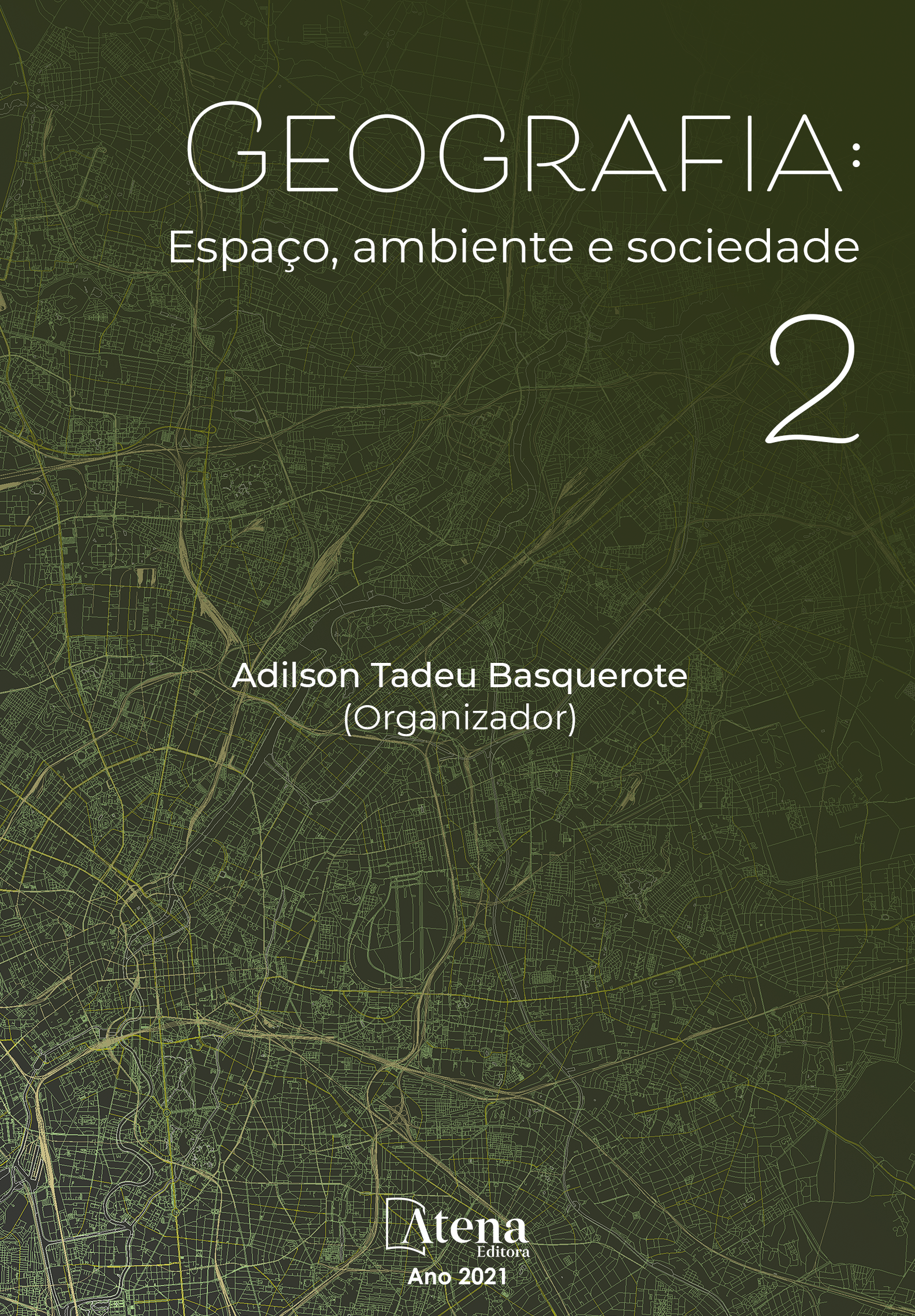
RESÍDUOS SÓLIDOS DA CONSTRUÇÃO CIVIL: ALTERNATIVAS SUSTENTÁVEIS PARA O ENCAMINHAMENTO DO RESÍDUO CLASSE A NO MUNICÍPIO DE TAUBATÉ – SP
O setor da construção civil tem sido responsável pela geração de grande quantidade de resíduos sólidos dentro dos centros urbanos, e pelo consumo excessivo de recursos naturais não renováveis. O reaproveitamento dos resíduos gerados pela indústria surge como alternativa, tanto para reduzir os impactos ambientais como para suprir as necessidades de inserção de produtos de qualidade a custo reduzido. Dentre todos os impactos que a indústria da construção civil pode causar ao meio ambiente destaca-se a grande geração de RCC, que em algumas circunstâncias pode ser igual ao volume dos resíduos sólidos domiciliares. Pinto (1999) estimou que cidades brasileiras cheguem a produzir de 41 a 70% de RCC da massa total dos resíduos sólidos urbanos. Essa quantidade é extremamente preocupante para no Brasil, porque o impacto ambiental provocado pelo descarte incorreto dos resíduos gerados pela indústria de RCC se torna mais agravante ainda pelas condições sanitárias precárias do país. O município de Taubaté tem buscado se adequar a Política Nacional de Resíduos Sólidos, tendo ciência que o gerenciamento correto dessas ações poderá refletir diretamente na proteção ambiental do município.
RESÍDUOS SÓLIDOS DA CONSTRUÇÃO CIVIL: ALTERNATIVAS SUSTENTÁVEIS PARA O ENCAMINHAMENTO DO RESÍDUO CLASSE A NO MUNICÍPIO DE TAUBATÉ – SP
-
DOI: 10.22533/at.ed.8542114129
-
Palavras-chave: Resíduos da Construção Civil, Sustentabilidade, Resolução do Conama 307, Políticas Públicas, Desenvolvimento Sustentável.
-
Keywords: Civil Construction Waste, Sustainability, Conama Resolution 307, Public Policy, Sustainable Development
-
Abstract:
The civil construction sector has been responsible for the generation of large amounts of solid waste inside urban centers e and by the excessive consumption of no-renewable natural resources. The reuse of waste generated by the civil construction industry is a an alternative for reducing environment impacts and supplying the needs for inserting quality products at reduced cost.Among all the impacts that the civil that the civil construction industry can cause to the environment, the great generation of Civil Construction Waste stands out, which in some circumstances may be equal to the volume of household solid waste. Pinto (1999) estimated that Brazilian cities can produce 41 to 70% of Civil Construction Waste of the total mass of solid urban waste. This amount is extremely worrying for Brazil, because the environmental impact caused by the incorrect disposal of waste generated by the Civil Construction Waste is made even more aggravated by the country`s poor sanitary conditions. The municipality of Taubaté has sought to adapt to the National Solid Waste Police, aware that the correct management of these actions may directly reflect on the environmental protection of the municipality.
-
Número de páginas: 16
- Jumara Soares das Chagas
- Romaria Pinheiro da Silva


